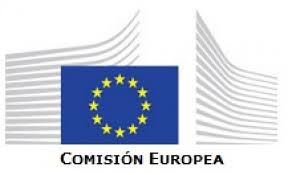Food Control (2016) doi.org/10.1016/j.foodcont.2016.12.023.
Publicado como avance 'online' el 18 de diciembre de 2016
Abstract
Monitoring programs are preferably risk-based, which allows focusing on the most relevant human health risks. In this study, a risk matrix was used to identify those chemical hazards that have the highest human health risk for the following spices and herbs: paprika/chilli powder, black pepper, nutmeg, basil, thyme, and parsley. Both the probability of occurrence and the severity of the hazard were assessed for 36 chemical compounds and classified into low, medium, high, and severe. Probability of occurrence was evaluated based on available monitoring data and RASFF notifications as well as possibilities for economic adulteration. Severity was assessed based on available toxicological reference values and classification of carcinogenicity. The results demonstrated that the mycotoxins aflatoxins and ochratoxin A, the pesticides chlorpyrifos and triazophos, and the dye Sudan I posed the highest human health risk for spices and herbs. These compounds should, therefore, have an increased monitoring frequency in these products.
Keywords: chemical compounds, risk matrix, risk ranking, contaminants
Consultar:
http://www.sciencedirect.com/science/article/pii/S0956713516307149








